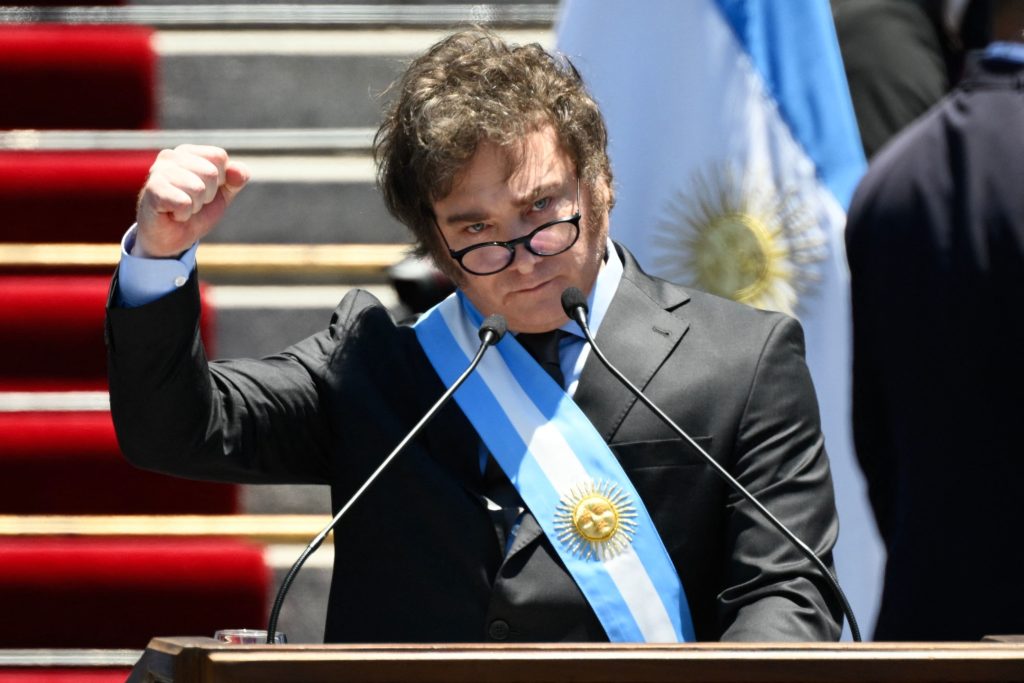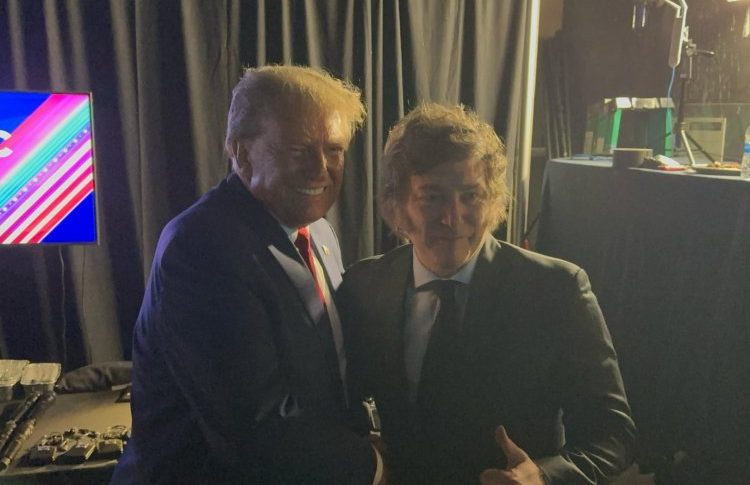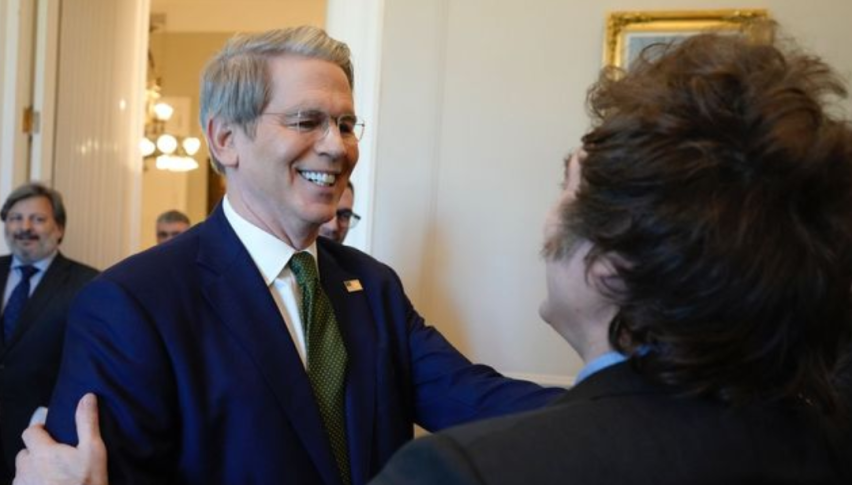Argentina to Formalize U.S. Treasury Rescue via Swap Deal
Bessent drew a line in clarifying the U.S. support: “We are going to give them a swap line; we are not putting money into Argentina."

Quick overview
- An Argentine delegation, led by Economy Minister Luis Caputo, is set to meet with U.S. Treasury officials to finalize a financial assistance deal.
- Treasury Secretary Scott Bessent confirmed support for Argentina's economic program, focusing on a currency swap arrangement.
- President Javier Milei is scheduled to visit Washington on October 14, marking a significant diplomatic engagement with the Trump administration.
- Concerns about the effectiveness of Milei's government and opposition from U.S. soybean producers complicate the negotiations.
An Argentine delegation, led by Economy Minister Luis Caputo, will travel to the United States to finalize the details of a financial assistance deal with the U.S. Treasury.

The confirmation of the meeting came after Treasury Secretary Scott Bessent reiterated Washington’s support for Argentina’s economic program, clarifying that negotiations center on a currency swap arrangement.
Earlier on Thursday, Bessent confirmed he had held “a very positive call with Minister Luis Caputo” and said he looked forward to welcoming the Argentine team in Washington to advance discussions on “options to provide financial support.” The move raises expectations that an agreement could be announced before October 27, the first Monday after Argentina’s legislative elections.
Trump – Milei Meeting
The talks add to the invitation already extended by the Trump administration to President Javier Milei, who is set to travel to Washington on October 14, becoming the first Latin American leader to visit the White House during Trump’s second term.
Officials in Buenos Aires believe both governments will seek to avoid holding such a high-profile meeting against the backdrop of a currency crisis, fueling speculation that the Treasury could make an announcement beforehand.
Milei himself outlined the potential benefits of the deal, saying: “The swap provides us with a liquidity line. Another component relates to the possibility of repurchasing bonds in the secondary market and sharing the gains, which would not only generate capital for the Treasury but also reduce Argentina’s debt. There is even the possibility of primary market purchases—that is, in the original placement.”
United States is not ‘All-In’
Bessent, however, drew a sharp line in clarifying the nature of U.S. support: “We are going to give them a swap line; we are not putting money into Argentina.” He also dismissed criticism that Washington’s policy was aimed at benefiting U.S. investors in Argentina, arguing instead that the initiative reflects broader strategic interests. “What we are doing is protecting U.S. strategic interests in the Western Hemisphere,” he said.
In the short term, Bessent’s remarks and the upcoming meetings are seen as a test of market confidence. Some traders, however, remain skeptical, noting that the prevailing mood is summed up by the phrase: “Show me the money.” Concerns linger in Washington that Argentina’s government is not doing enough to facilitate U.S. assistance, with questions raised about Milei’s capacity to govern effectively.
The potential deal has also sparked domestic political backlash in the U.S. Soybean producers, many located in politically decisive swing states, have voiced opposition, criticizing aid to Argentina as support for a direct competitor. Given the electoral weight of these states—often decisive in swinging between Democrats and Republicans—such criticism adds a layer of complexity to the negotiations.
- Check out our free forex signals
- Follow the top economic events on FX Leaders economic calendar
- Trade better, discover more Forex Trading Strategies
- Open a FREE Trading Account
- Read our latest reviews on: Avatrade, Exness, HFM and XM

